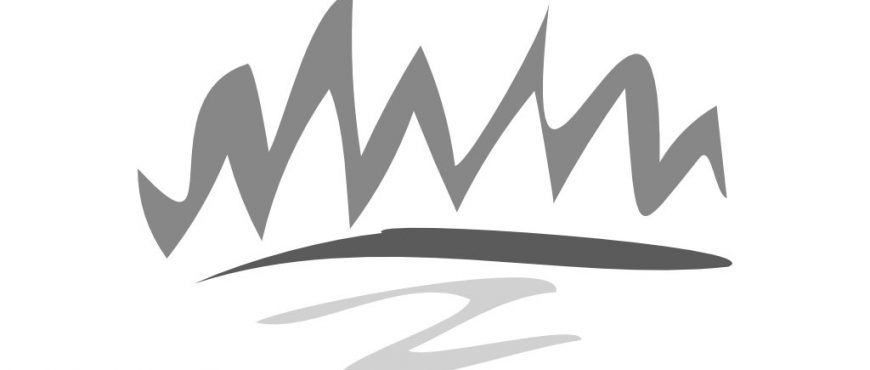Investigation concludes wood waste properly accounted for
VICTORIA – A Forest Practices Board investigation into a complaint about how wood waste is measured and reported after timber harvesting shows that a government wood waste accounting system is being implemented appropriately, with the primary purpose of ensuring government receives payment for wood harvested.
“Poor markets and the rising value of the Canadian dollar in recent years have contributed to an increase in wood waste from three percent of the annual harvest in 2004 to five percent in 2008,” said Al Gorley, board chair. “Current government policy allows companies to remove the logs of value in a cutting area and leave behind the poorer quality and uneconomic wood, but they must pay for the useable wood regardless of whether they take it.”
“While we found that there were some different approaches between forest districts, the measurement and reporting system allows flexibility to address the diversity of economic, timber profile and operational challenges that exist in B.C.,” Gorley added.
Following the complaint from the Canadian Centre for Policy Alternatives in 2009, board investigators looked at how waste surveys are carried out and whether procedures for measuring wood waste are being applied consistently. They also looked at the qualifications and experience of those conducting waste surveys. The investigation included three coastal forest districts, three in the southern interior and one in the north.
The term wood waste describes anything left on site after harvesting that could potentially be used for lumber or other wood products, but does not include trees reserved for wildlife purposes or logging slash, which are mainly tree tops and limbs.
The Forest Practices Board is B.C.’s independent watchdog for sound forest and range practices, reporting its findings and recommendations directly to the public and government. The board is required to investigate public complaints about forest planning and practices.
Media contact:
Helen Davies
Forest Practices Board Communications
Phone: 250 213-4708 / 1 800 994-5899
September 22, 2010


